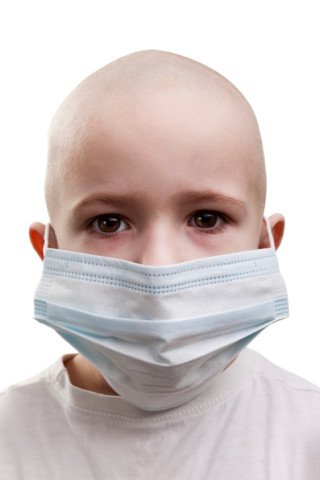 These days many women don’t have to deal with the question of whether they’ll be able to have children until later in life – perhaps when they’re in a stable relationship, they’ve settled in a home, or they’ve reached a point in their career where pregnancy seems right for them.
These days many women don’t have to deal with the question of whether they’ll be able to have children until later in life – perhaps when they’re in a stable relationship, they’ve settled in a home, or they’ve reached a point in their career where pregnancy seems right for them.
But for others, like those who’ve suffered from cancer at an early age, the question of fertility is something they’re forced to think about while still very young.
Fortunately, research shows that childhood cancer doesn’t automatically lead to infertility later on. In fact, researchers who have looked into the US Childhood Cancer Survivor Study cohort found that rates of infertility are lower than initially thought. Over 60% of those women studied who had tried and failed to get pregnant for at least a year then went on to conceive.
The questions surrounding the potential fertility of young cancer sufferer can add to pregnancy taboos. There may well be an increased focus on preserving fertility in these patients, but it isn’t always clear how doctors can do this while properly treating the cancer. Decisions made at an early stage can affect how a cancer survivor approaches the idea of parenthood later in life. So it’s crucial that healthcare practitioners understand how cancer treatment affects potential parenthood.
